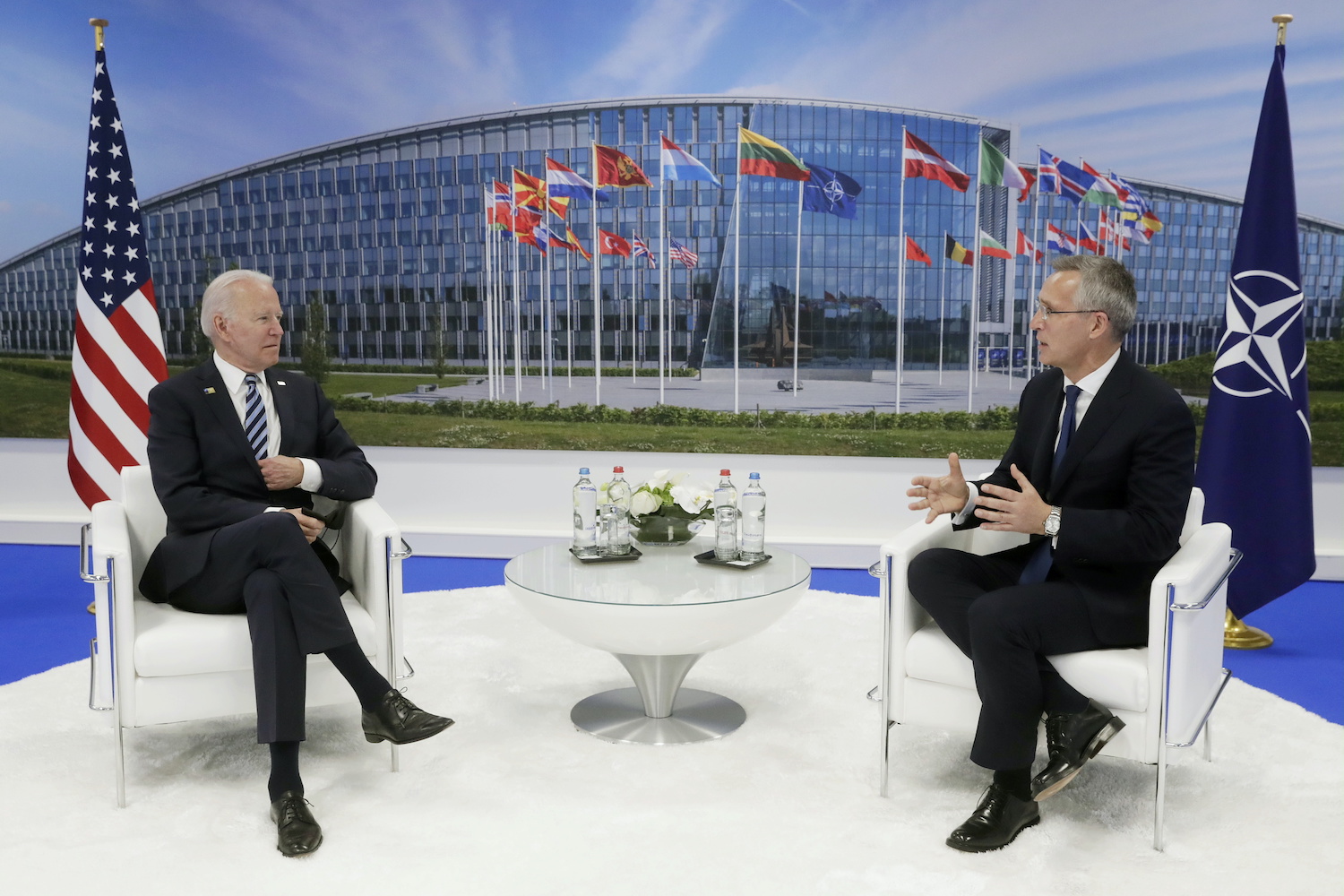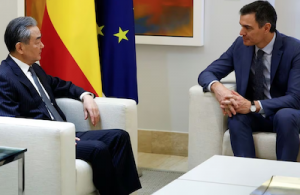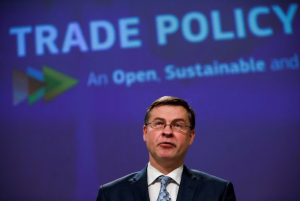NATO adopts an aggressive security policy approach towards China, warning about disinformation tactics, cyber threats and Chinese cooperation with Russia; but China later declared NATO’s comments as ‘exaggerations’
(AF) The North Atlantic Treaty Organization (NATO) shifted to a much tougher anti-China stance on Monday June 14, in a statement issued after a meeting attended by US President Biden.
“China’s growing influence and international policies can present challenges that we need to address together as an alliance. We will engage China with a view to defending the security interests of the alliance,” the group of 30 western countries said in a lengthy statement.
“China’s stated ambitions and assertive behaviour present systemic challenges to the rules-based international order and to areas relevant to alliance security,“ NATO said.
“China is rapidly expanding its nuclear arsenal with more warheads and a larger number of sophisticated delivery systems to establish a nuclear triad. It is opaque in implementing its military modernisation and its publicly declared military-civil fusion strategy,“ the statement added.
“(China) is also cooperating militarily with Russia, including through participation in Russian exercises in the Euro-Atlantic area. We remain concerned with China’s frequent lack of transparency and use of disinformation. We call on China to uphold its international commitments and to act responsibly in the international system, including in the space, cyber, and maritime domains, in keeping with its role as a major power,” NATO said.
China has not previously been a focus of NATO policy-making, with Russia historically the main source of concern for the alliance, both when the Soviet Union existed, and also more recently when President Putin has taken aggressive steps such as annexing Crimea.
Today’s move to bracket China alongside Russia marks success in Biden’s recent move to reverse Trump’s divisive foreign policy tactics in a bid to coordinate a united approach to perceived threats to the western allies.
G7 mixed success
Biden had mixed success at the weekend in persuading G7 country leaders to adopt his preferred anti-China line, with German Chancellor Merkel pushing back on some proposals.
She also tried to qualify the impact of the NATO statement on Monday
“If you look at the cyber threats and the hybrid threats, if you look at the cooperation between Russia and China, you cannot simply ignore China,” Merkel said at a press conference after the announcement. “But one must not overrate it, either – we need to find the right balance.”
The NATO statement, nevertheless, marks a clear shift towards a tougher anti-China line that is likely to receive a robust response.
After the G7 summit in the UK concluded at the weekend, the Chinese embassy in London issued its own statement on Monday June 14 condemning the conclusions reached at the meeting.
“The communiqué (by the G7) issued fact-distorting content on Xinjiang, Hong Kong, Taiwan and other matters, confounding right and wrong. This wanton smearing of China and blatant interference in its internal affairs flagrantly violates the basic norms of international relations and further exposes the ulterior motive of a handful of countries, including the United States,” the Chinese embassy said.
The embassy also rejected G7 accusations of unfair economic and trade policies and highlighted China’s disproportionate contribution to global growth and recovery from the pandemic.
Stop exaggerating!
There was a similar reaction from China’s mission to the European Union on Tuesday, which urged NATO to stop exaggerating the “China threat theory” after the group’s leaders warned that the country presents “systemic challenges”.
The NATO statement “slandered” China’s peaceful development, misjudged the international situation, and indicated a “Cold War mentality,” China’s response said, which was posted on the mission’s website.
China is always committed to peaceful development, it said.
“We will not pose a ‘systemic challenge’ to anyone, but if anyone wants to pose a ‘systemic challenge’ to us, we will not remain indifferent.”
With reporting by Reuters.























